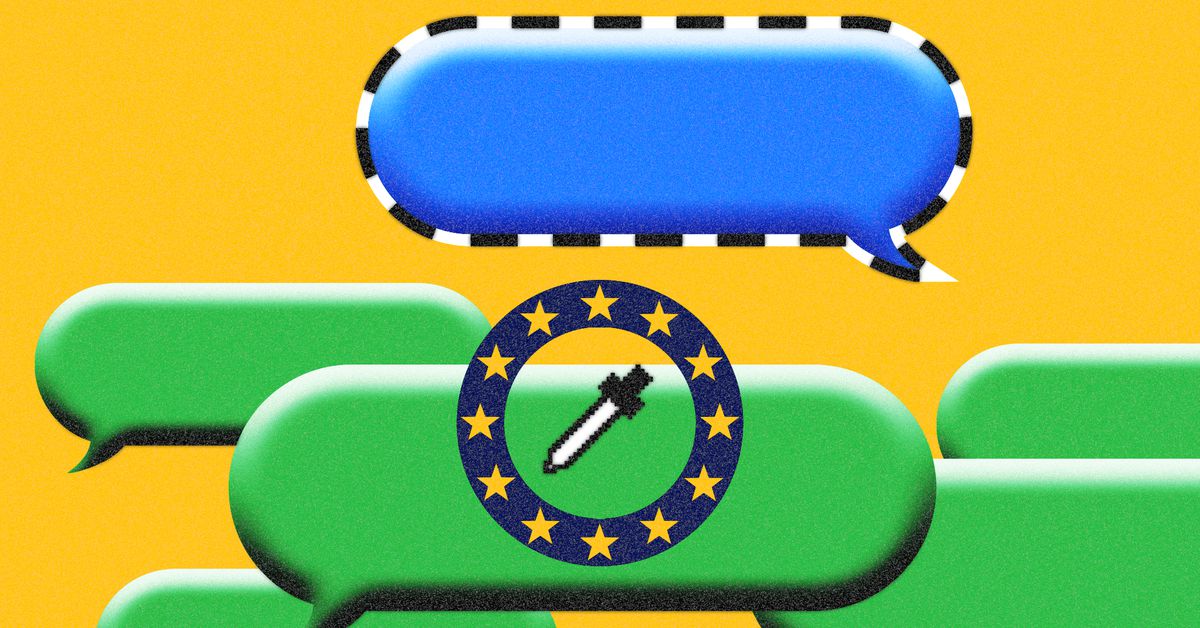dwboston
Well-known member
- Jan 25, 2011
- 204
- 47
- 28
In a way, I think they have. I think they are only maintaining texting services for legacy users, government, fire rescue, and law enforcement.
The carriers have always tried to erect walled gardens to avoid becoming dumb data pipes. They've always played games with account provisioning as new services and capabilities got rolled out over the years and tried to discourage and disadvantage unlocked devices (and still do), but have been increasingly disintermediated by Apple and Google.
Remember, every one of these wireless companies grew out of a legacy landline telco. Stifling innovation and competition is in their DNA. My favorite example of this, that still makes me laugh to this day, was when Verizon Wireless blocked a feature on the Motorola V710. It was one of the first camera phones, with a single 1.2MP camera. They prevented users from transferring their pictures off of the phone, forcing them to use some silly VZW application/portal and charging for it! As you can imagine, users weren't happy and it became a minor controversy. There was a cringe-worthy interview with a VZW executive who smugly stated that it wasn't in VZW's business model to allow its customers to access their own photos for free. They blocked Bluetooth on several of their phones as well.
As it relates to RCS, remember that Apple has committed to supporting RCS this year. The "green bubble" issue will still exist, but there should be better interoperability between carriers and Android and iPhone users when it gets implemented. My son and I are on Android, my wife and the rest of my family have iPhones. Any video they share with us is useless compressed garbage.

Messaging Between iPhones and Android to Get So Much Better Next Year
Apple is adopting RCS, which is the messaging standard on Android, so blue bubbles vs. green bubbles could be on the outs.


